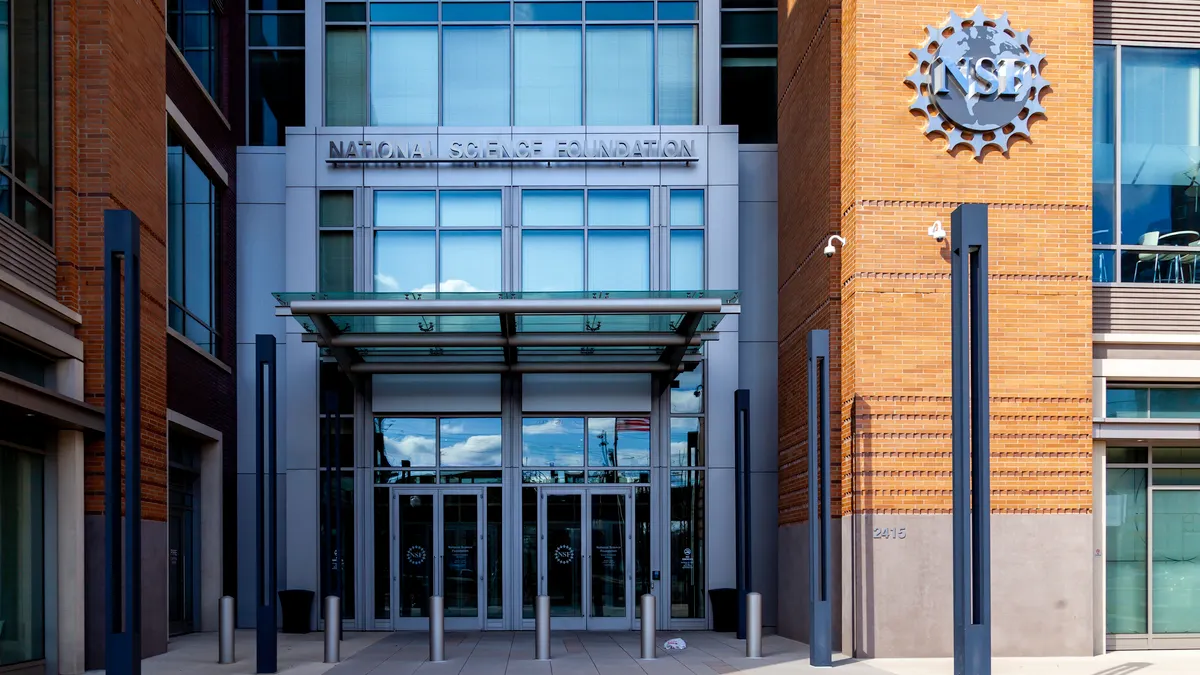Dive Brief:
- Just 9% of graduates say their undergraduate alumni networks have been helpful or very helpful in their career so far, according to the Strada-Gallup Alumni Survey of more than 5,100 respondents. More than two-thirds (69%) said their networks were neither helpful nor unhelpful, while 22% said they had been unhelpful or very unhelpful.
- The survey found slight differences between graduates of higher- and lower-ranked schools. Of those who attended colleges within the top 50 of U.S. News & World Report's annual ranking, 16% said they found their alumni networks helpful, compared to 10% of those who attended institutions ranked from 51 to 100 and 8% from those ranked outside the top 100.
- Stephanie Marken, executive director of education research at Gallup and the paper's co-author, said the survey aimed to investigate elite institutions' claims that their alumni networks would land students a job after graduation. Yet the report found differences among students' satisfaction with their networks to be "relatively minor and unlikely to offset the significant differences in tuition costs."
Dive Insight:
After years of tuition hikes, colleges are under mounting pressure to prove they provide a return on investment to their students. One way they justify their value is through alumni networks, which are often touted as a strong tool to help graduates find jobs after graduation.
"So many [prospective students] were being told the alumni network they would have on graduation — at many of these elite institutions, in particular — would be the difference-maker and was worth the additional investment," Marken said. Yet the survey results suggest that may not be the case.
In fact, more than one-fifth of graduates had a negative perception of their alumni network. Marken speculated that those students may have held high expectations about those networks, only to become disappointed when they weren't as helpful as promised.
Alumni can be a powerful resource for students in their job search — if colleges change how they approach them. Many institutions know how to mobilize their alumni for donations, Marken said, but few throw that same energy behind alumni-student mentorship programs.
Students who have mentors in college demonstrate greater academic achievement and career development, yet they are lacking in higher education. Only one-quarter of college students said they "strongly agree" they had a mentor who encouraged them to go after their goals, according to an earlier installment of the Strada-Gallup Alumni Survey.
Colleges could also do more to teach students how to use their networks to help launch their careers, Marken said. "It's something graduates could become really effective with if they practice, but it's not necessarily intuitive," she added.
There are other ways for colleges to improve a student's job prospects, such as by emphasizing experiential learning and internships. Those who said they had a relevant internship or job while attending college were more than twice as likely to find a good job right after graduation than those who didn't, according to a 2017 Gallup survey.
Alumni networks are still a draw for some colleges. Several rankings exist solely for these networks, while some larger college rankings use them to assess an institution's value. For instance, alumni giving makes up 5% of the U.S. News' calculation — the same share the publication allocates for a college's promotion of social mobility. Though higher ed leaders have questioned the merits of such lists, students and their families continue to rely on them to select colleges.







